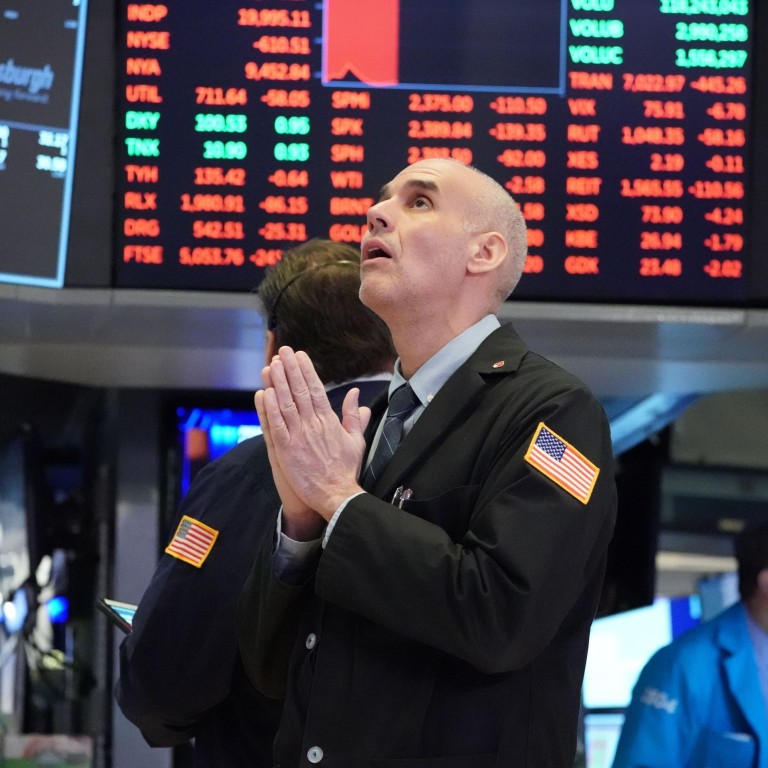
Stock markets are likely to continue climbing, given the unexpectedly good US earnings reports
- Solid support will also come from the global vaccine roll-out and accommodative policies from central banks and governments, with non-US markets performing better
- Risks lie in the ability of companies to control costs as the economy improves and taxes and wages rise
When it comes to earnings, companies are living up to and even beating consensus expectations, alleviating some concern about elevated metrics such as forward price-to-earnings ratios.
The US earnings season for the fourth quarter of 2020 is coming to a close. At the time of writing, companies in the S&P 500 Index representing 84 per cent of the market capitalisation had published their reports. While operating earnings were lower than a year ago, more than 80 per cent of companies were beating analysts’ expectations and earnings surprises were running at close to 20 per cent.

04:01
In an age of ‘narrative finance’, pay attention to the stories in 2021, says Richard Harris
An important feature of future earnings in the US will be margin expansion, or to what degree companies can turn revenues into earnings by controlling costs. As revenues move higher, in line with the economic recovery, margins should expand, allowing for higher earnings growth in the coming quarters.
Meanwhile, a higher minimum wage and the recovery in the labour market may see an increasing wage bill affect the earnings outlook. Both factors appear to be very slow moving now and are more likely to be a consideration for earnings next year.
Even if the impact of these two factors arrives earlier, it could potentially be offset by the positive economic influence of the coming fiscal stimulus package.
So perhaps equities are not being too hasty by pricing in all the good news that is still to come. However, there is still some churning under the surface of the steadily rising markets.
Accelerating economic activity and rising interest rates support the more cyclical and value-oriented sectors. Value tends to outperform growth when interest rates are rising, but more specifically when bond yield curves are steepening.
As central banks anchor short-dated bonds with low cash rates and longer-dated bonds rise with higher inflation and growth expectations, this steepening should continue to favour better-value stocks.
Why a Biden presidency and divided Congress will boost Asian markets
The higher weight given to cyclical or better-value sectors in non-US developed-market equities indices suggests that markets outside the US may fare better than they have in the recent past.
There is no denying that valuations on equity markets are elevated compared to long-term averages, and that there are pockets of the equity market which look unsustainable.
However, it is also true that when comparing across asset classes, equity markets remain relatively cheaper than government bonds. Also, the improving earnings outlook should bolster equities and the increasing pace of economic recovery should help boost value-oriented sectors and regions around the world.
Equity investing is never a smooth road, and when valuations are high, the risk is that strongly positive investor sentiment can pivot at even the most modest disappointment.
Kerry Craig is a global market strategist at JP Morgan Asset Management

